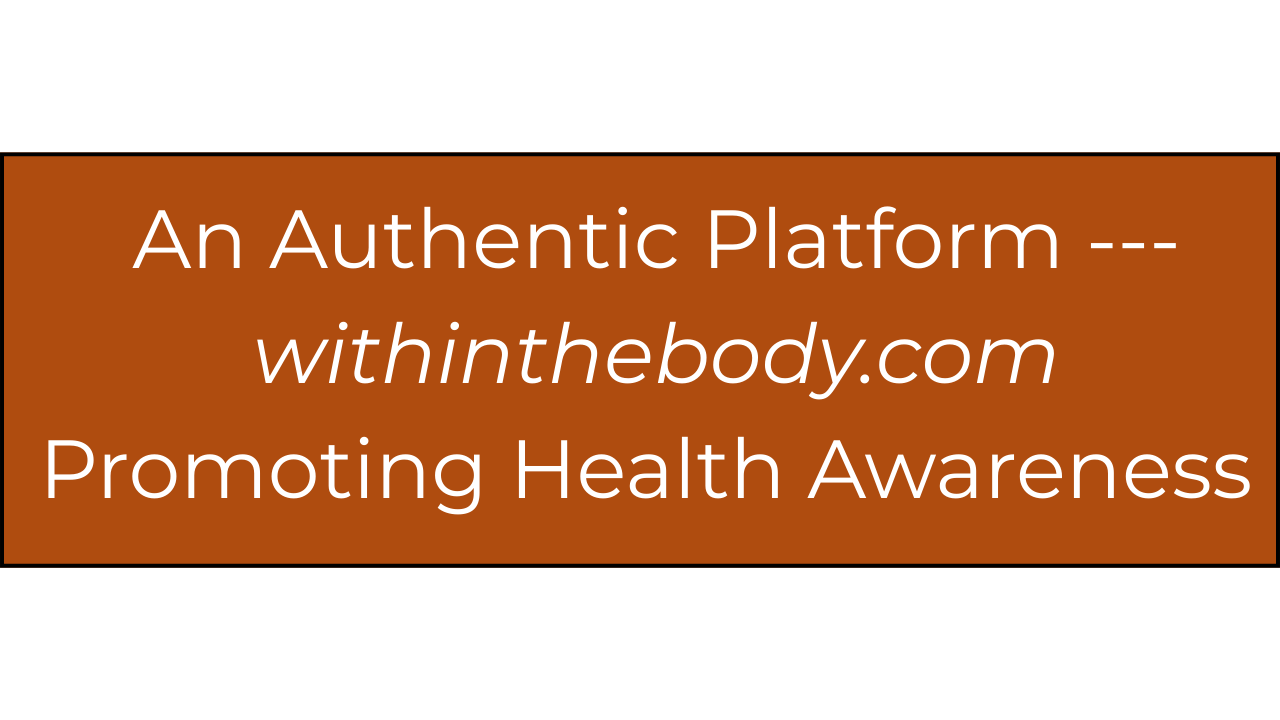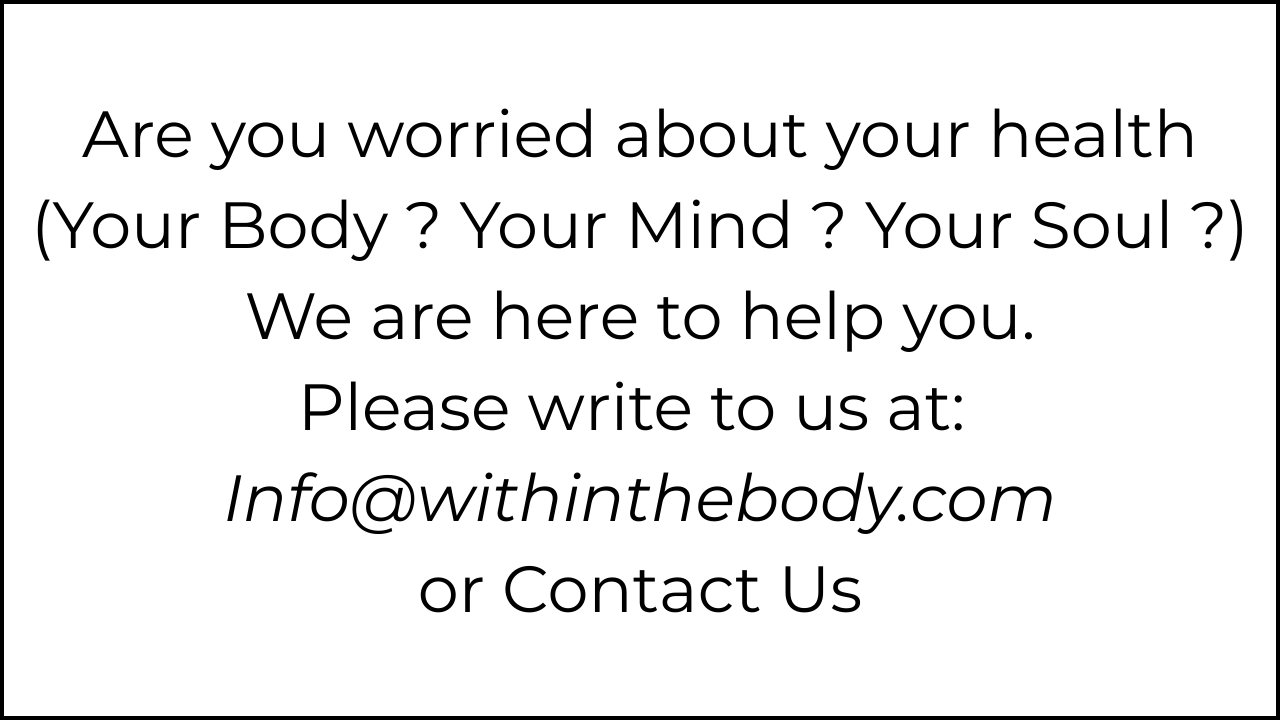Patient Empowerment: Learn What Your Symptoms Are Telling You


Every human body speaks — not in words, but in sensations, rhythms, and changes. When you feel discomfort, fatigue, or unusual pain, your body is communicating. Patient empowerment means learning to listen to these signs and responding wisely. It is not self-diagnosis; it is self-awareness. When patients understand their symptoms, they bridge the gap between fear and knowledge — and that is where healing truly begins.
For General Readers
Symptoms are not enemies. They are signals — messengers of imbalance or stress. When you understand them, you gain power over uncertainty.
If your heart races after coffee, or your joints ache after a sleepless night, the body is sharing valuable feedback. Keep a small symptom journal. Write what you felt, when it started, what made it better or worse.
When you visit your doctor, this record becomes your greatest ally. It helps identify patterns and prevents misdiagnosis. Remember, empowerment begins with observation — be your body’s best listener.
For Medical Students
Every symptom tells a story — if you learn to listen.
The art of medicine lies in understanding how the body reacts to internal or external disturbances. A cough can mean irritation, infection, or even heart failure — the key is in context.
Take a detailed history. Ask “how,” “when,” “why,” and “what changes it.” Each symptom has a pathophysiological basis — a signal of the body striving for balance. Never rush to label; interpret.
For Young Doctors
Your clinical skill begins where your empathy starts.
Patient empowerment is not about letting patients dictate treatment — it’s about guiding them toward understanding. Explain their symptoms in simple terms. Tell them why headaches can result from dehydration, stress, or hypertension.
When patients understand why they feel what they feel, compliance improves and anxiety reduces. A well-informed patient is half cured already.
Encourage them to track symptoms and report red flags early. It strengthens trust — the core of clinical practice.
For General Practitioners
In primary care, you are both teacher and healer.
Empowerment transforms routine consultations into partnerships. Educate your patients about early warning signs:
• Chest heaviness not relieved by rest
• Shortness of breath, even mild
• Sudden unexplained weight loss
• Persistent cough, bleeding, or swelling
When your patients recognize these signs, you prevent emergencies before they happen. Empowered patients reduce healthcare burden — and improve outcomes.
Pathophysiology: How Symptoms Reflect the Body’s Inner State
Every symptom represents a physiological imbalance:
• Pain = Nerve irritation or tissue inflammation.
• Fever = Immune system response to infection.
• Swelling = Fluid retention from vascular leakage or obstruction.
• Fatigue = Oxygen deficiency, hormonal imbalance, or cellular stress.
• Palpitations = Irregular cardiac rhythm or electrolyte imbalance.
The body’s language is subtle but precise. Suppressing symptoms without understanding them is like muting an alarm without addressing the cause of the fire.
When to See the Doctor
Empowerment is wisdom — not delay.
Seek medical help if you experience:
• Chest pain, dizziness, or sweating
• Sudden weakness, slurred speech, or imbalance
• High fever not improving in 48 hours
• Unexplained bleeding, lumps, or weight loss
• Shortness of breath or palpitations that persist
• Any symptom that worsens or lasts beyond a week
Early action saves life; hesitation can risk it.
Patient empowerment redefines the doctor-patient relationship.
It turns care into collaboration, confusion into clarity, and symptoms into insight. The goal is not merely to treat illness but to interpret the body’s signals with respect and understanding.
When patients learn what their symptoms mean — and doctors listen with empathy — medicine becomes a partnership of trust and wisdom.
Dos and Don’ts
Do:
• Observe, record, and describe symptoms clearly.
• Keep track of sleep, diet, and daily energy levels.
• Learn basic monitoring (blood pressure, pulse, glucose).
• Follow treatment consistently.
• Ask questions — understanding builds confidence.
Don’t:
• Ignore persistent or new symptoms.
• Use over-the-counter drugs without guidance.
• Trust random online advice or social media remedies.
• Delay check-ups or stop medicines on your own.
• Hide medical history from your doctor.
FAQs About Patient Empowerment
Q1. What is patient empowerment?
It’s a process where patients take an informed, active role in understanding and managing their health.
Q2. Can understanding my symptoms replace visiting a doctor?
No. It helps you describe symptoms better and aids faster diagnosis — but does not replace professional care.
Q3. How do I start learning about my body?
Notice changes in your energy, appetite, sleep, and emotions. Track them over time and share with your physician.
Q4. Is online information harmful?
It depends on the source. Use trusted medical platforms or government health websites — and always verify with your doctor.
Q5. Why do doctors encourage symptom diaries?
Because they show patterns over time, helping identify triggers and track treatment effectiveness.
Empowerment begins the moment you decide to listen — not just to your doctor, but to your body. The more you understand its signals, the stronger your partnership with medicine becomes.
Health is not silence; it is conversation — between the body, the mind, and the healer.

By Dr. Mohammed Tanweer Khan
A Proactive/Holistic Physician
Founder of WithinTheBody.com
